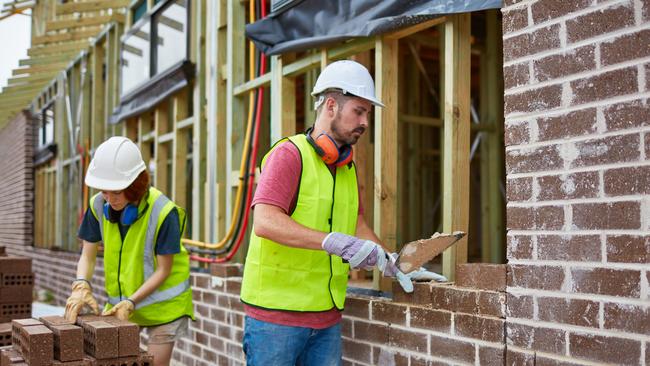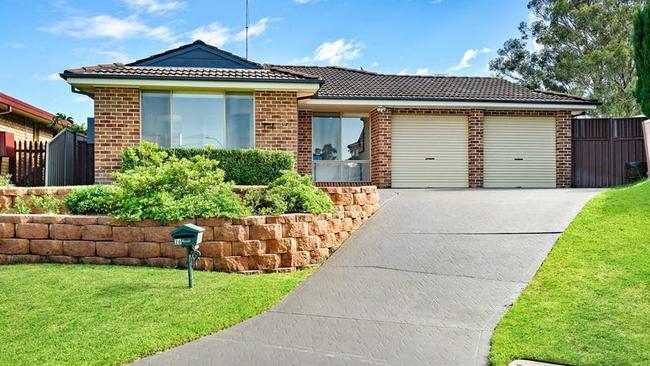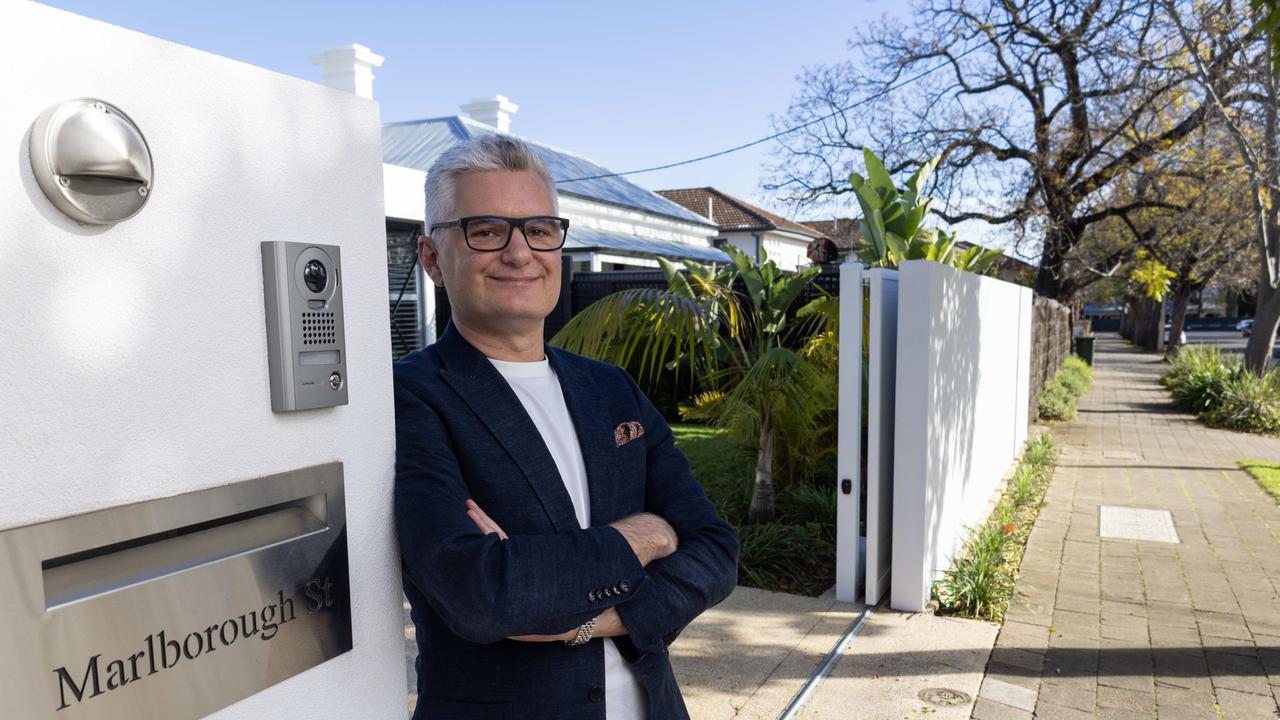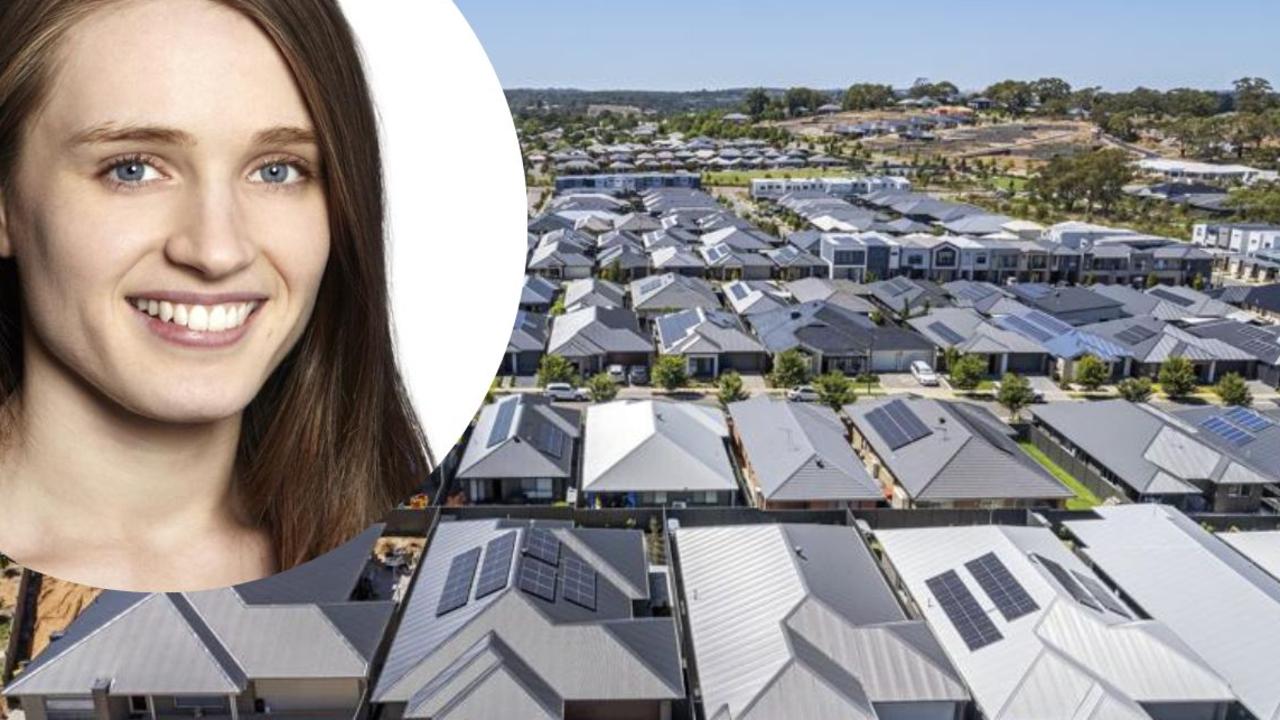Best jobs if you want to buy Sydney home
A new study across industries has revealed the careers with the easiest and hardest path to buying a Sydney home – and it’s bad news for some tradies.

Property
Don't miss out on the headlines from Property. Followed categories will be added to My News.
They’re the jobs where the Aussie dream of owning a home has turned into a fantasy.
Nurses, creatives, teachers and many others have been placed on a blacklist of careers where professionals stand no hope of ever being able to afford a Sydney house.
Upon leaving school, each of these professionals would take well over 53 years – longer than their whole career – to scrounge together a 20 per cent deposit for a house purchase, the Finder study revealed.
Sydney was the only city in Australia where such a situation existed.
The comparison group’s analysis assumed the person earned the national average wage in their industry at each stage of their career and purchased on their own.
The modelling also factored in inflation, living expenses and the time taken to acquire a qualification in each industry.

Historical data was further used to determine how remuneration for each job would likely ramp up over the coming years. It was assumed home prices would continue rising at the same rate as the last decade.
Finder head of insights Graham Cooke said the research showed school leavers faced a brutal choice.
“Following the career you love, which may even be a critical job for society, might not get you a roof over your head,” Mr Cooke said.
Nurses, teachers, painters, psychologists and those in creative arts jobs would need about 25-30 years to get a 20 per cent deposit for a unit, the research showed.
House ownership for these workers would effectively be impossible at average national wages for their industry – even once their earnings rose above entry level pay.
Mr Cooke conceded that Sydney workers often earn more than the national average, but he said this would be balanced out by the higher cost of living, with city rents by far the highest in the country.
“There is a chasm between Sydney and the rest of the country when it comes to how incomes compare with prices. It’s become impossible for so many different types of workers to afford a home,” he said.
A career in IT, engineering and some trades would get Sydneysiders onto the property ladder the fastest, the research showed, but it would still be a long wait.
Those working in computing and information systems would take an average of 39 years to get a deposit for a house at the median Sydney price and 20 years to save enough for a unit deposit. Engineers and dentists would take a similar amount of time.
Careers in medicine – although having the highest peak earnings – meant a wait of two years longer for home purchases because of the increased time required to get qualifications and lower starting pay.
Lawyers and business managers would need about 45 years to pull together a house deposit and 21 years for a unit.
Finder noted that these professionals would have a quicker route to home ownership if they bought units in one of Sydney’s cheaper suburbs, which tended to grow in value slower than houses.

The time it would take a roof tiler (a job where peak earnings were usually attained faster), dentist or engineer to save for an $800,000 unit would take about 11-13 years, Finder revealed.
“The caveat here is that the ‘average person’ does not exist. There will be individual differences in what pay is negotiated and how that changes as people get into their careers,” Mr Cooke said.
Couples buying homes had an obvious advantage as they could pool their wages, he added.
“It’s become accepted that home buyers need someone to buy with, but the reality is that not everyone can. In an ideal world, it should be feasible for a single to buy a home.
“There are also some lower paying jobs where it’s not as easy to live in a cheaper, outer suburb. We need nurses and teachers to be able to live in pricier parts of the city.”
Australian Nursing and Midwifery Federation secretary Annie Butler said the shortage of affordable housing was a growing concern for nurses and other care workers.
She pointed to a NSW Nurses and Midwives Association survey that showed 76 per cent of respondents said a lack of affordable housing was an issue for them.
“Our members can’t afford to live close to where they work,” Ms Butler said. “It’s not uncommon for nurses and midwives to be travelling between 1-2 hours to get to work at major hospitals like Royal North Shore, Royal Prince Alfred and St Vincent’s.”
Mortgage Choice broker Luke Camilleri has frequent dealings with first-home buyers and said most who bought this year were couples on $80,000-$120,000 each.

“For most single borrowers on a lower income, it’s just not enough to even buy a unit in a cheaper area like Parramatta,” he said. “It’s a challenging conversation to have and not many people want to hear it.”
.
.
More Coverage
Originally published as Best jobs if you want to buy Sydney home



